INSIGHTS: Family Cruising – Jumping the Hurdles
Kiwi cruiser Kia Koropp, has been cruising for over a decade in the Pacific, SE Asia and the Indian Ocean with her husband John on board their yacht Atea. They and their two children (aged 7 and 9) rounded the Cape of Good Hope earlier this year and tackled the 6000 NM voyage north to Europe. Now on the next leg of their journey to the Gambia, Kia will be contributing some insightful articles on the challenges of family cruising. To start – she explores the new challenges Covid-19 has brought to the world of offshore cruising.
Published 5 years ago
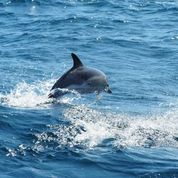

Dealing with Crisis
S.V. Atea and her crew have been cruising for almost a decade now, so this isn’t the first time we’ve been faced with calamity.
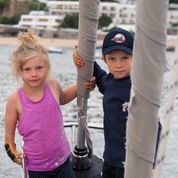

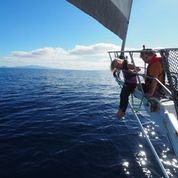

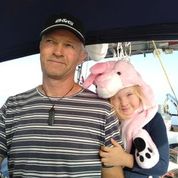

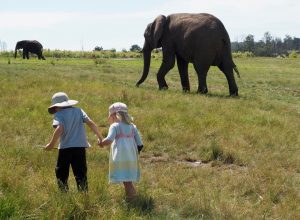

Our third major crisis has just unfolded on the world stage: Covid-19. We had just flown back to our boat in Cape Town from Auckland two weeks prior to South Africa’s national lockdown. Our pre-pandemic plan had been to break our journey up at the sand dunes of Namibia, the quirky isolation of Saint Helena, the remote secrecy of Ascension and the mystery of the Cape Verde islands. However, these destinations closed their borders one by one as countries around the globe responded to the pandemic.
We considered our options: We could give up on cruising this season and repatriate home to New Zealand. We could stay in our current location and spend a cold winter stuck onboard our boat in South Africa, or we could keep to our original plan and head for Europe in the hopes that we would be able to reclaim some of the cruising year. If we left we would depart a country we hadn’t finished exploring to sail past countries we would be leaving unexplored — not ideal for a woman who suffers an extreme case of FOMO (fear of missing out).
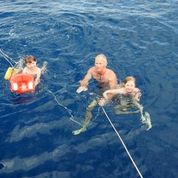

We were getting an indication that things in Europe were starting to settle with a decrease in infection rates which we hoped would lead to an easing of restrictions. We calculated a two month transit would get us there when borders were beginning to open, but it was a big risk given our destination in the Azores was not allowing entry at the time we were making our decision.
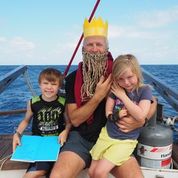

Gambling on countries with ever-changing Covid regulations means that making a choice of available options is a risky decision. The right choice one week may become the wrong choice the following week. For us, our decision was based on an eight-week window with no idea what our reception would be at the other end. What should we do? We decided that we wouldn’t continue to wait for the borders to open; we would cut our losses and move on.
In a high-stakes game of international travel during a pandemic, our gamble paid off. The chaos that resulted in the early Covid confusion had cleared into a smooth entry protocol; as we sailed into the Azores we were accepted into a country that had a clear and efficient process in place.
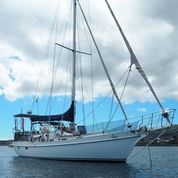

The Gamble Paid Off
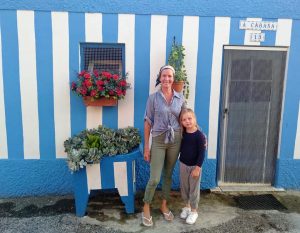

After filling ourselves with the splendour of the volcanic isles and treating ourselves to a very relaxed atmosphere free of the usual bombardment of summer tourism, we decided to pick up what remained of our original plan of cruising the European Eastern Atlantic.
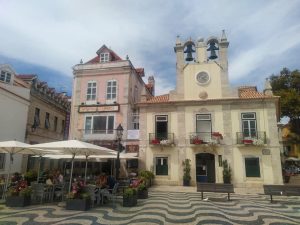

After the indecision and gamble of deciding to go cruising in 2020, so far we have experienced hassle-free entry into Europe through the Azores and a wonderfully relaxed and comfortable cruising season; for us the decision has been the right one.
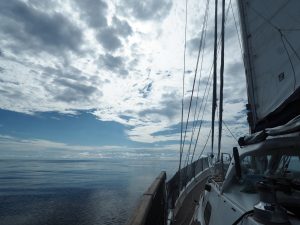

As Spain and France experience their second wave of Covid infections and winter descends on Europe, we decided it was time for us to start moving on. We sailed for at the Canaries at the end of October and are currently enjoying the stark beauty of these volcanic islands.
Looking towards 2021, we are again confronted with a second wave of national lockdowns as countries around the world begin to close down their borders against a rise in Covid infection rates and we must decide if we are going to maintain our seats at the 2021 poker table.
Do we fold and head home?
Do we hold our cards and remain in place through uncertainty?
Do we place our bet and head for the Caribbean, hoping we hold the winning hand?
No one can guarantee the outcome and we can only hope that our luck holds as we sail forward into uncharted territory in this Covid-influenced world.
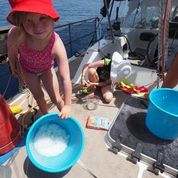

Like many families around the world in many different situations, our plans have been interrupted by the Covid-19 outbreak. When we looked towards plans for the cruising season we had a rough idea of how we expected the year to unfold for us. Due to the delays brought on by the global crisis we have had to wipe the whiteboard clean.
We have been faced with tough decisions before and this year has been no exception. As in 2013 with my pregnancy and in 2015 with my son’s diagnosis, 2020 has been a difficult year. Through the past decade, however, we have managed to continue spinning our cruising dream around us with most of our big life moments – the good, the bad and the ugly – happening to us through our travels.
No one person can decide what is the right course of action for another, and it is only on reflection that we can look back at the decisions we have made and know they were the right ones for us.
……………………………………………………………………………………………………………………………………….
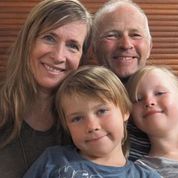

Kia Koropp and her husband John Daubeny had cruised prior to meeting each other, so there was a guarantee they would like the lifestyle when they met, bought a boat and started cruising together in 2011. Starting from their homeport in Auckland, New Zealand, they have sailed S.V. Atea 40,000 miles from the South Pacific to the North Atlantic. A decade, two children and two cats later, they are still at it.
Atea: A Maori word meaning unencumbered and free.
…………………………………………………………………………………………………………………………………..
Related Links:
…………………………………………………………………………………………………………………………………..
The opinions expressed in this article are the author’s own and do not reflect the view of Noonsite.com or World Cruising Club.
Related to following destinations: Azores, Canary Islands, Portugal, South Africa
Related to the following Cruising Resources: COVID-19, Cruising with Children, Insights




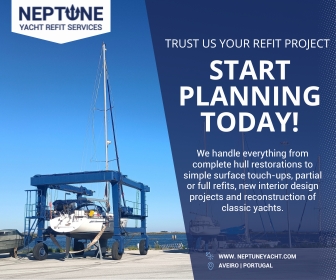
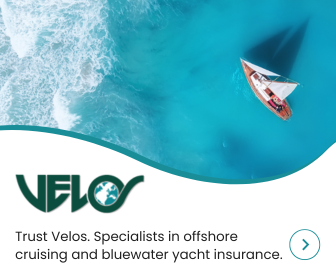
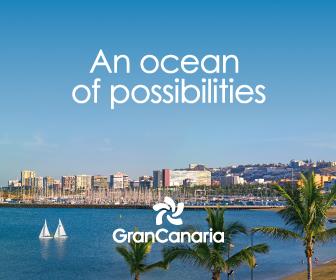
Update from Kia – March 29, 2021
After the Canaries, a detour took us to Gambia [see my report here – https://www.noonsite.com/report/gambia-skirting-the-covid-chaos/%5D before sailing for the Caribbean in early January 2021, where we are currently enjoying ourselves.
The Caribbean is our first experience in navigating the complex and ever-changing Covid protocols, as regulations in inter-island movement different between country. That said, there is something quite nice about a less frenetic Caribbean: The charter industry is relatively non-existent, tourists are at a minimum and anchorages aren’t crowded. Of the cruising boats that are here, they are choosing fewer island groups and staying in areas longer, giving more opportunity to get to know each other.
When we look back at our choices over the course of the past year, we see that the decisions we’d made had worked well for us. Other than our initial two months of lockdown in South Africa, we have travelled freely through the year and sailed more or less to our intended plan. We have managed to enter countries relatively free from Covid and make the most of their open borders. As we travelled from open border to open border, running away from any Covid-insurgence before countries closed down again, we’ve felt very little of the hit of Covid outside updates in the daily news. Those who said, “head to sea, you’ll be safe,” were right in many ways. We left multiple times to arrive in multiple countries throughout the year, exploring the Atlantic as we’d set out to do. It is only on reflection that one can determine if their decisions have been the right ones. Looking back at the cruising we’ve done throughout the year, it is without doubt that we chose well.